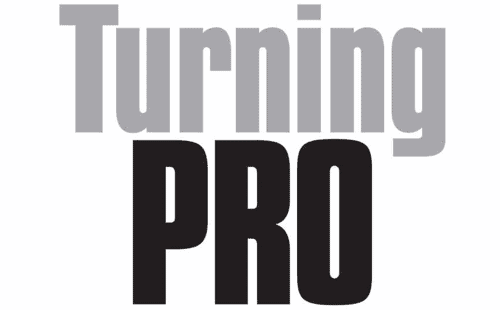
Virginia Woolf’s journal entry from January 26, 1930, offers a fascinating glimpse into the interplay of emotion, logic, and reason. In reflecting on her financial earnings and predicting the sales of her upcoming novel, The Waves, Woolf demonstrates a peculiar mix of modesty, anxiety, and calculation. She assumed the book would sell no more than 2,000 copies – a prediction grounded in logic based on her previous experience but tinged with the emotion of self-doubt. Her prediction, however, was wildly inaccurate. The Waves went on to sell over 10,000 copies within six months, garnering both critical acclaim and enduring literary significance.
This episode in Woolf’s life illustrates a broader truth about human behaviour: unchecked emotion and cold logic can lead us astray, while reason – a balance between the two – offers the best path forward.
The Havoc of Emotion
Woolf’s self-doubt as an artist likely played a role in her underestimation. Artists, by nature, are deeply connected to their work, making it challenging to separate creative output from personal worth. Woolf’s journal entry reveals the emotional weight she carried, a sense of humility perhaps rooted in fear of failure. While this humility may have kept her grounded, it also caused her to set expectations far below reality.
Emotion, when unchecked, can warp our perspective. It can cause us to undervalue ourselves or overinflate the importance of perceived obstacles. Woolf’s self-doubt reflects how emotion, while human and inevitable, can lead to decisions or predictions that fail to align with reality. In this case, her emotional modesty clouded her ability to see the potential success of her work.
The Rigidity of Logic
On the other hand, Woolf’s logical approach also failed her. Predicting sales based on past experience or market data might seem rational, but it ignored the unique qualities of The Waves. Logic, when applied in isolation, can lead to overly narrow or conservative conclusions. By adhering to previous patterns and data, Woolf discounted the possibility that her experimental novel could break through as a masterpiece. Logic can be an effective tool, but it becomes brittle and shortsighted when it dismisses the unpredictability of human creativity, cultural shifts, and the evolving marketplace of ideas.
The Power of Reason
Reason lies at the intersection of emotion and logic, balancing the two to create a clearer path forward. If Woolf had embraced reason, she might have acknowledged her emotional connection to the book – her fears, her hopes – while also recognizing the limitations of her logical assumptions. Reason would have encouraged her to weigh the evidence of her literary growth, her critical reputation, and the innovative nature of her work alongside her emotional modesty.
Reason allows for nuance, adaptability, and curiosity. It accounts for the unpredictability of life while tethering decisions to reality. Woolf’s experience underscores the importance of reasoning as a middle ground. It’s neither paralyzed by fear nor constrained by rigid calculation; instead, it offers flexibility and optimism, grounded in thoughtful assessment.
Lessons for Today
Woolf’s story holds a valuable lesson for modern life, where the tension between emotion and logic often wreaks havoc on our decisions. Emotion-driven choices, such as avoiding risks due to fear, can lead to stagnation. Conversely, purely logical decisions, devoid of human context, can result in missed opportunities or mechanical outcomes that fail to inspire or connect. The solution lies in reason: the art of blending emotional insight with rational thought to arrive at a decision that is both grounded and visionary.
This principle is especially relevant in an era dominated by data and technology. As we increasingly rely on algorithms and metrics to guide decisions, we risk losing sight of the human elements – our emotions, aspirations, and intuition – that make life meaningful. Reason reminds us to integrate these elements, ensuring our choices reflect both the head and the heart.
We’re All Virginia
Virginia Woolf’s underestimation of The Waves is a testament to the pitfalls of leaning too heavily on emotion or logic in isolation. We can all fall into that trap, just like she did.
Her modest prediction, shaped by both self-doubt and past experience, failed to account for the enduring brilliance of her work. Yet in this failure lies an opportunity to reflect on the value of reason: the balanced interplay of emotion and logic. By embracing reason, we can navigate life’s uncertainties with clarity, confidence, and humanity – charting a path that honours both our aspirations and our realities.

